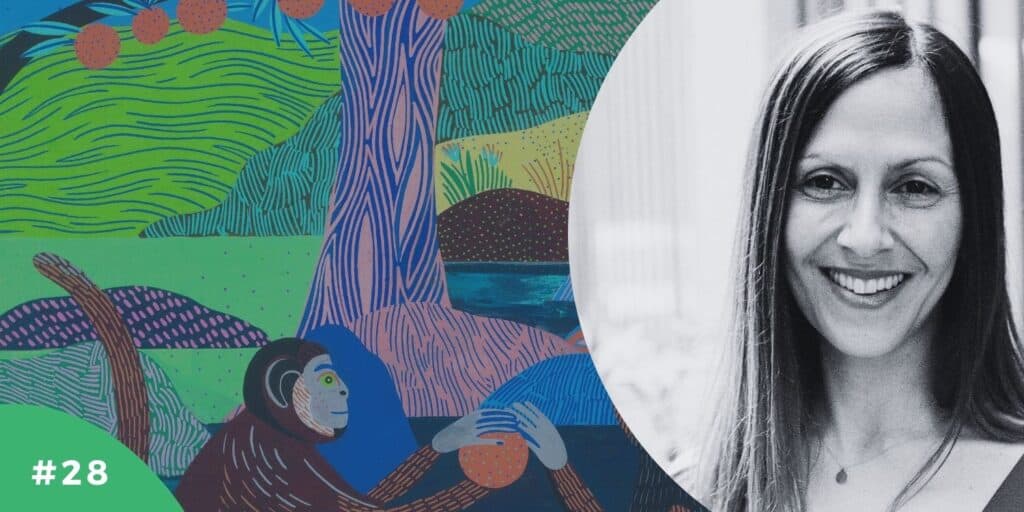Listen to this episode
Women’s eating disorders date back to the 1970s, when the thinness diktat emerged, but the injunction for women to surround themselves with food without eating is much older.
Pandora must hide her “bitch’s stomach” in a perfect body, Eve is condemned to submit to all male desires for having bitten the apple, in the 17th century, the first Parisian cafes serve food but exclude women…
Women are portrayed as housewives or gluttons, while men are chefs or gourmets.
What is hidden behind this great unequal banquet? And are many of us experiencing what is now laconically called EDs (eating disorders)?
For what reasons? And how to overcome it?
This is the subject of Lauren Malka’s fascinating, intense, and sincere investigative narrative, a writer who seems to feel the same things as us. An essay entitled “Mangeuses,” published in October 2023 by Les Pérégrines.
The Guest: Lauren Malka
Lauren Malka is a journalist and podcaster (so I’m feeling a bit pressured). She writes particularly for Causette and Les Epicurieux.
She wrote and co-produced a documentary, “La France aux fourneaux,” and contributed to 4 feminist anthologies, including “Ceci est mon corps” and “Survivre au sexisme ordinaire.”
Photo © NB
My Questions
- Lauren, you cite countless wonderful female authors in your text, like Colette, Virginia Woolf, Ursula Le Guin, Simone Weil, Geneviève Brisac, Margaret Arwood, Simone de Beauvoir, Hélène Cixous. It feels like being among friends, it’s a great necklace we can wear for reassurance. Is it the same language that will help us better speak/invent the missing narrative/get out of the dominant script AND eat better?
- You quote a phrase from Naomi Wolf, “A culture fixated on female thinness is not an obsession with female beauty, but an obsession with female obedience. Dieting is one of the most powerful political sedatives in women’s history; a quietly mad populace is a compliant populace.” Can you explain the link you draw between patriarchy and women’s eating disorders?
- Aren’t mothers often part of these injunctions? It seems to me that patriarchy also sabotages mother-daughter relationships in this regard.
- You mention the constraints and incorporation of norms weighing on our bodies since antiquity, both in the incitement to deprivation and in the praise of certain fats. Can you explain these two sides of the same coin?
- Do women then limit themselves to writing and commenting? Dreaming of imaginary meals with Virginia Woolf and proto-feminist gastronomy with daring nuns? What is feminist culinary writing?
- Tell us about the fear of gaining weight, which you associate with the fear of growing up and taking up one’s full space as a woman?
- The connection with fatphobia?
- And the denivores? (ah, the denial!)
- Could the millennial appropriation of food resources by men have contributed to the morphological differences between men and women?
- A word on anorexia and bulimia, eating disorders as a language of resistance?
- And to conclude, how to save ourselves by sharing the bread of sisterhood? How to turn stigmas around and reclaim indulgence and pleasure? How, to quote you, do we return the pies we’ve been receiving for centuries back to the sender?



